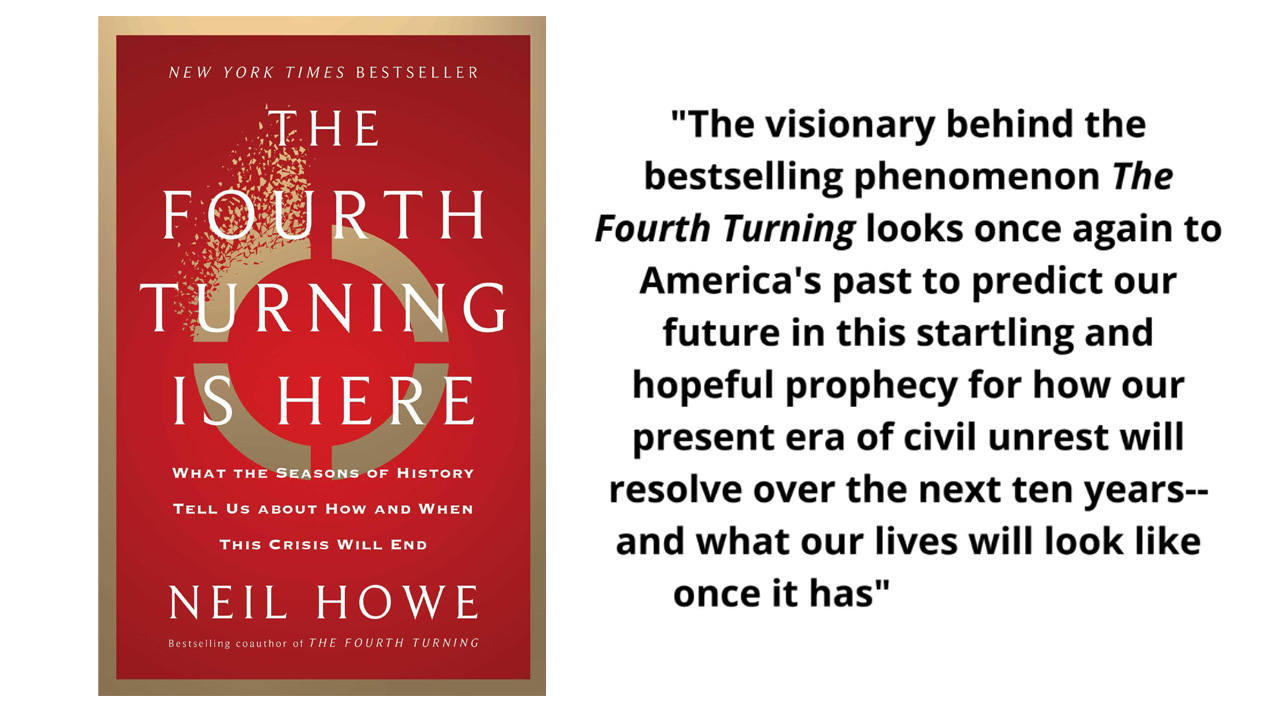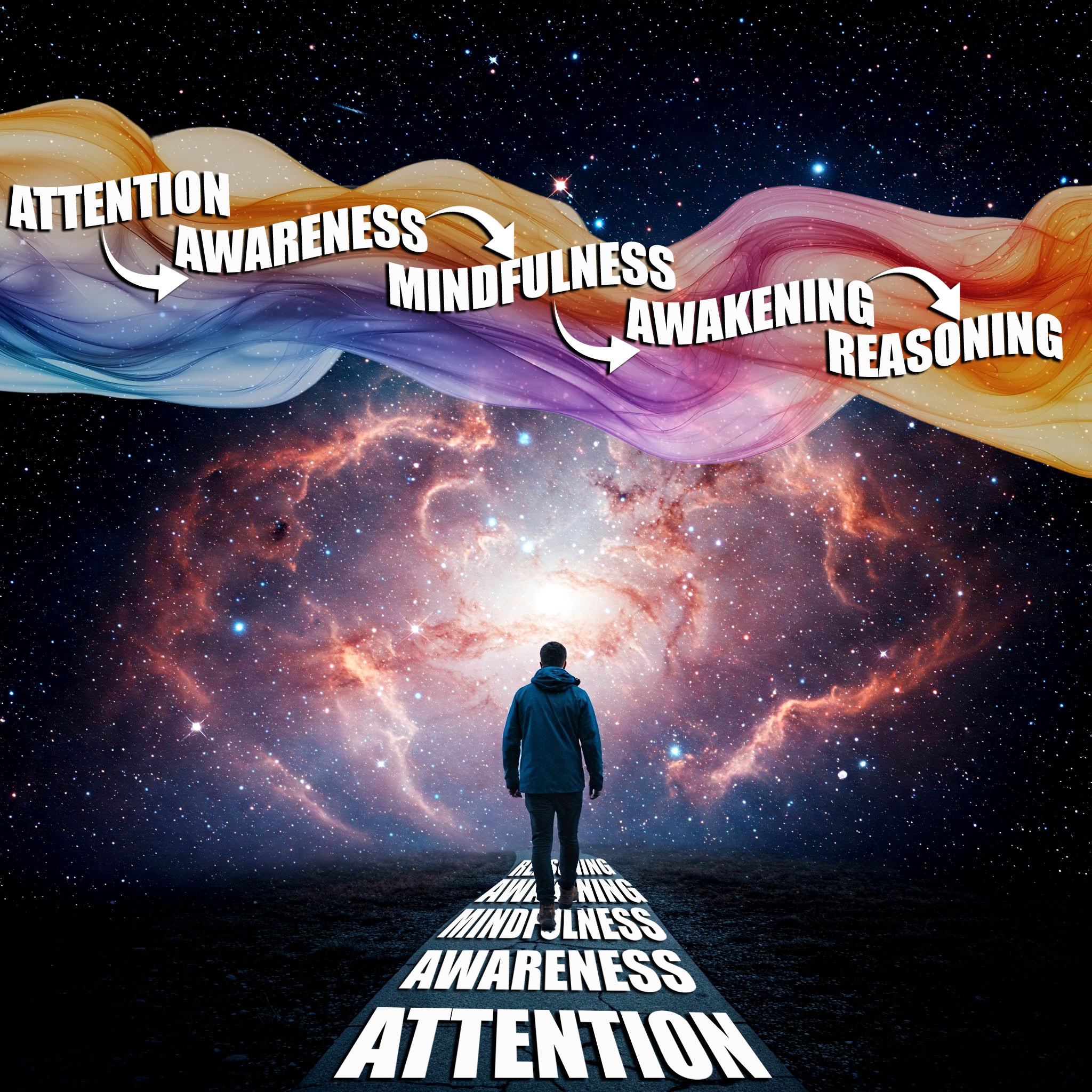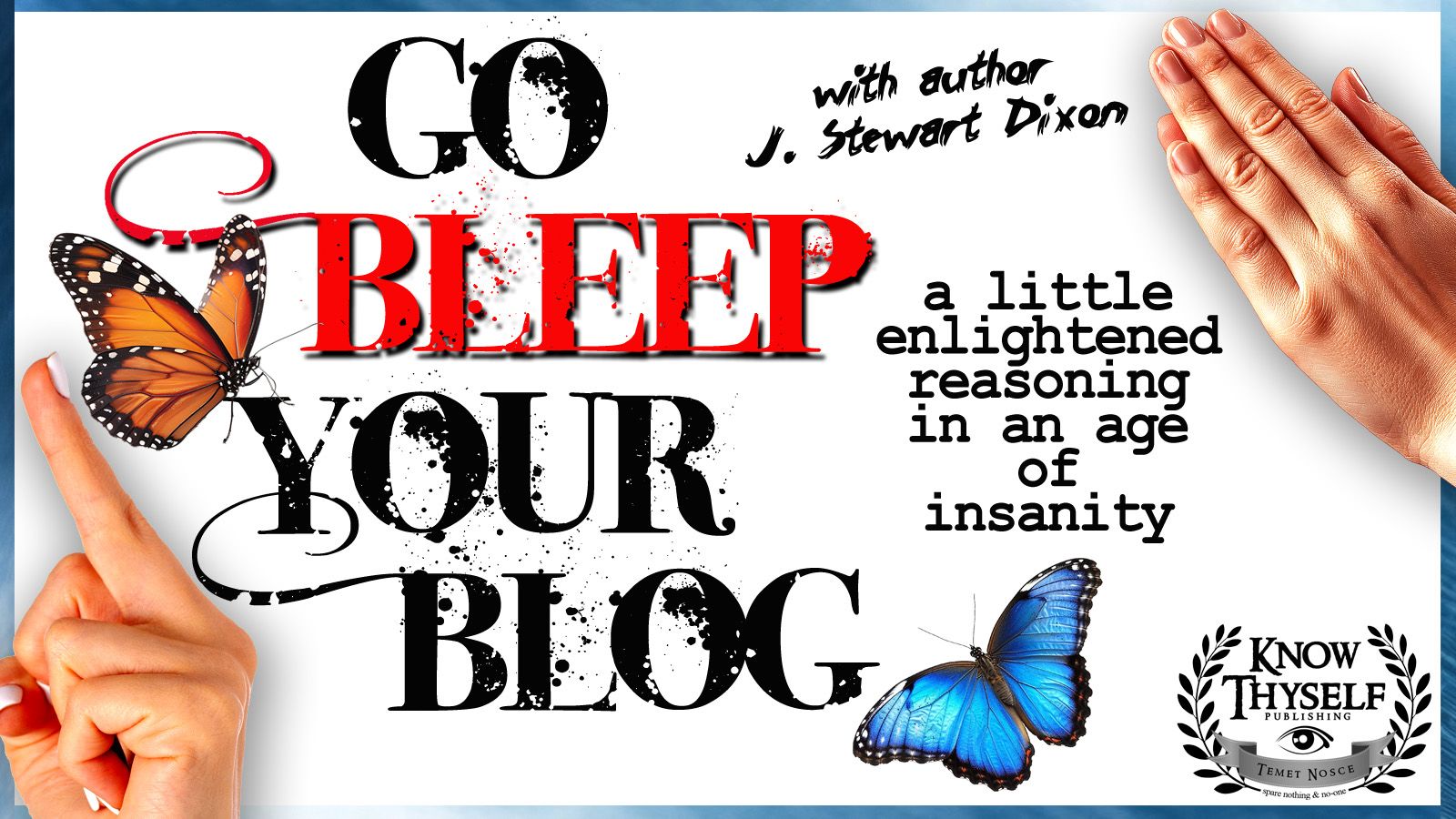The United Hates of America-Ep. 4

“The science of the politician consists in fixing the true point of happiness and freedom. Those men would deserve the gratitude of ages, who should discover a mode of government that contained the greatest sum of individual happiness, with the least national expense.”
––Thomas Paine (1737–1809) United States founding father and author of Common Sense, The American Crisis, The Rights of Man and The Age of Reason
I admit––It’s probably not that astute of me to begin a post, ostensibly about American politics, with a quote from a 2,000-year-old, Sanskrit poem, The Mahabharata, but I’ll risk it:
“If you listen carefully––at the end
––you’ll be someone else.”
It’s a line, spoken by the poem’s creator-sage Vyasa to his son Pandu, addressing the very same predicament we’re experiencing here in America today: Two opposing sides are battling for control of their country and the toxicity of their opposition spills over into the everyday lives of its’ citizenry. What solution does Vyasa offer? In so many words: If you listen carefully––you will change––and that––is the solution.
This post’s title, The United Hates of America needs no further introduction or explanation. If you’re like me, you’re probably exhausted, fed-up and really tired of the behemoth black cloud parked unremittingly over the American political landscape. I think you’d agree that it has been a long, stressful, anxiety-ridden, unloving ride and I bet like me, you’d welcome a reprieve from all the doom and gloom. Yes? Good. I’ve got one for you…
In case your new here, my name is J. Stewart Dixon. I’m a nondenominational philosophical/self-help author. I penned a fairly successful underground book series called Spirituality for Badasses, which won a handful of book awards, but more importantly helped quite a few lost, hurting and unhappy souls. As the title would indicate I’m not the psychic-woo-woo-new-agey type and nor am I the hyper-intellectual, academic type. You and I would be just fine, sitting down over a cup of coffee for a chat and a laugh.
All that being said, I know a thing or two about the ”pursuit of happiness” as the Declaration of Independence states or “the true point of happiness and freedom” as founding father Thomas Paine wrote in Common Sense. Hence, I thought I’d offer my two cents to a nation that seems to have strayed considerably far from anything resembling happiness. I’m speaking to YOU. If you’re stressed, worried, anxious, depressed, feeling fear or feeling hate about what’s happening in our country right now, this post is for you.
Something you need to know about me––just like our founding fathers, I write, speak and act from a lived sense of enlightened reasoning and purpose. What does this mean? It means that I have dedicated my life (age 18 to now, 55) to the philosophical and spiritual “pursuit of happiness.” I not only pursued happiness––I found it––but of course, not on the surface––I found it deep within my own heart and mind. Doing so irrevocably changed me. I now speak from a flow of enlightened reasoning, purpose and evolution, which from time immemorial, has set its divine sight upon all men and all nations. I am that flow.
How did the United States of America arrive to be the United Hates of America?
“THESE are the times that try men's souls. The summer soldier and the sunshine patriot will, in this crisis, shrink from the service of their country; but he that stands by it now, deserves the love and thanks of man and woman. Tyranny, like hell, is not easily conquered; yet we have this consolation with us, that the harder the conflict, the more glorious the triumph.” ––Thomas Paine, The American Crisis
America is sick…America has been sick for some time now…America has been sick before… And America, will get sick again. You don’t need me to tell you this. Study history.
How We Got Here Theory 1:
This sickness is endemic to the historical story of mankind and it’s endemic to the historical story of The United States of America. If you’d like solid academic proof of this notion, I highly suggest reading historian Neil Howe’s 2023 book The Fourth Turning Is Here: What the Seasons of History Tell Us About How and When This Crisis Will End.

Here’s a brief summary of the book:
The Fourth Turning Is Here by Neil Howe builds upon the "Fourth Turning" theory, which posits that history moves in recurring cycles, or "turnings," each lasting roughly 20 years, within larger 80-to-100-year cycles called "saecula." The book argues that historical patterns repeat, with each "turning" having distinct characteristics.
These "turnings" are:
- The High (a period of strong institutions and social cohesion).
- The Awakening (a period of social and cultural questioning).
- The Unraveling (a period of individualism and weakening institutions).
- The Fourth Turning (a period of crisis and societal transformation).
The book asserts that we are currently in a Fourth Turning, characterized by increasing social and political turmoil. Howe predicts that this period will likely culminate in a major crisis by the early 2030s. This crisis could involve economic collapse, political conflict, or war. Despite the potential for crisis, the book also offers a message of hope. Howe suggests that Fourth Turnings, while dangerous, can also lead to societal renewal and a new "golden age."
Historically The United States has been through three distinct saecula and fourth turning periods:
- The period leading up to and including the American Revolution.
- The period leading up to and including the American Civil War.
- The period leading up to and including World War II.
Do the math and you’ll find that between each fourth turning period is about 80-to-100 years, the average length of a human lifespan. So, it would seem that once a culture ages out of the generational memory of the last fourth turning (no is alive today who went through it) that culture becomes ripe for the next fourth turning.

How We Got Here Theory 2:
If historical academia isn’t your thing and you’d like a more pragmatic and modern understanding of how we go here, look no further than the common indicators of a society in decline. The United States is currently suffering from 90% of these:
Economic Decline:
- Decreasing GDP, per capita income, and productivity.
- Rising unemployment and inflation.
- Increased debt and poverty levels.
- Uneven economic development leading to significant inequality.
- "Human flight and brain drain" the exit of skilled workers.
Resource Depletion:
- Overexploitation of natural resources.
- Increased competition for scarce resources.
- Energy crises.
Social Fragmentation:
- Erosion of social cohesion and trust.
- Increased social inequality and polarization.
- Rise of factionalism and internal strife.
- Breakdown of social institutions.
Demographic Pressures:
- Overpopulation or population decline.
- Mass migration and refugee crises.
- Changing age demographics that strain social systems.
Decline in Public Services:
- Deterioration of infrastructure.
- Weakening of healthcare and education systems.
- Increased crime and insecurity.
Loss of Cultural Identity and Values:
- Erosion of traditional values and norms.
- Rise of materialism and individualism.
- Decline in civic engagement.
Political Instability:
- Weakening of government institutions.
- Increased corruption and incompetence.
- Rise of authoritarianism or extremism.
- Internal conflicts and civil wars.
Failure of Leadership:
- Inability to address critical challenges.
- Lack of long-term vision and planning.
- Increased political polarization and gridlock.
External Pressures:
- Foreign invasions and interference.
- Economic sanctions and trade disruptions.
- Global crises, such as pandemics or climate change.
Environmental Degradation:
- Climate change and its effects (e.g., extreme weather events, sea-level rise).
- Deforestation and loss of biodiversity.
- Pollution and resource depletion.
- Natural disasters.
Decline in Innovation:
- Stagnation of scientific and technological progress.
- Loss of creativity and problem-solving abilities.
Erosion of Education:
- Decline in the quality of education.
- Spread of misinformation.
How We Got Here Theory 3:
Last but not least, I’d like offer a theory birthed out of my own personal experience.
A long time ago I was once on the board of a local non-denominational spiritual retreat center. (Seven Oaks Retreat Center) I attended numerous board meetings over the period of a few years. As I recall, there were about eight of us on this board.
You’d think that on a board of this type we’d all generally have a liberal or enlightened consensus about most matters. This was not the case. Among these spiritually inclined board members you could draw a line straight down the middle between those who were more conservative and those who were more liberal. Here’s my point:
Duality is human nature.
Gather any number of human beings
in a room and very quickly
they will divide into two groups:
- Those who have more fear and ignorance in their hearts
- Those who have more love and hope in their hearts.
Place this phenomenon on the spectrum of human governance and you get this:

When a society strays to the extreme edges of duality and governance it becomes fearful, ignorant and hateful. It becomes prone to dictatorship, authoritarianism and fascism. Extremism on the left is a capitalistic oligarchy lead by and for the wealthy. Extremism on the right is a militant monarchy lead by and for the powerful. Often the two intermingle.
A healthy, happy and prosperous society is one in which individual expression and freedom is balanced with social responsibility and service to all. Stray far from this balance and you get exactly what we have now: The United Hates of America.
In 1787, at the close of the Constitutional Convention, a prominent socialite and intellectual figure in Philadelphia, Elizabeth Willing Powel, famously asked Benjamin Franklin what form of government the convention had created. His response, "A republic, if you can keep it." We are currently at risk of losing it.
The flow of enlightened reasoning solution:
Extremism rises out of the fallow and neglected fields of ignorance and fear. Like any good relationship between a parent and a child, the child must be cared for, provided for, guided and loved in order to mature into a healthy, happy, self-sufficient adult. Neglect these responsibilities and the parent risks creating yet another adult, with a woeful set of extreme mental, emotional, psychological and physical deficiencies. Therefore, fear and ignorance must be addressed at their root.
Let’s return to the quote from the Mahabharata…
“If you listen carefully––at the end
––you’ll be someone else.”
This someone else that we need to be, as a nation and society, is the strong, free, healthy and wise individual who lives a life directed by the inner evolutionary flow of enlightened reasoning itself. Contrary to what you may think, this flow is not foreign to our nation or culture …
- Our founding fathers Thomas Paine, George Washington, Thomas Jefferson, John Adams, Benjamin Franklin, Alexander Hamilton, James Madison, and John Jay were immersed in this flow.
- The phrase "all men are created equal, that they are endowed by their Creator with certain unalienable Rights, that among these are Life, Liberty and the Pursuit of Happiness" is a key -flow- statement from the Declaration of Independence.
- The Declaration of Independence was birthed from this flow.
- The Constitution was birthed from this flow.
- The Emancipation Proclamation was birthed from this flow.
What exactly is this flow?:
Attention>Awareness>Mindfulness>Awakening>Reasoning

This is the inner roadmap that any nation must follow in the pursuit of happiness. It must be baked into all levels of culture, art, science, health, education and governance. (And don’t get your panties all in a bunch. This isn’t religion or spirituality. It’s science–– neuroscience to be exact.) We’ll get into the details of this inner road map in the next post.






